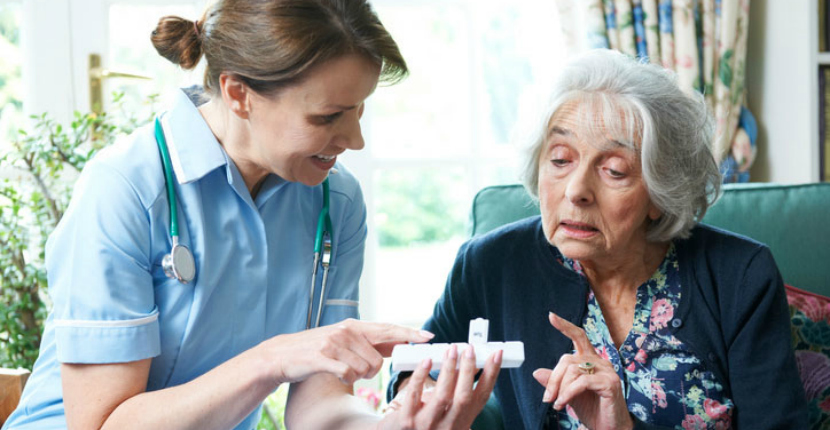There comes a time in all of our lives when we’ll need assistance from the ones we care about.
Health and mobility are usually the first things to decline as we age. But how do you know exactly when a parent or older family member needs help?
Keeping in mind that your senior has probably lived a full, independent life will work to everyone’s benefit when thinking about how to approach care giving for a loved one.
But that also makes it difficult for them to admit they can no longer take care of themselves. The fear of losing their privacy, home and independence are usually reasons why loved ones hide the fact that they need help.
Oftentimes, adult relatives are not sure of exactly what to look for if they suspect their loved one might need in-home care.
Fortunately, there are a few tell-tale signs that FHC discovered that could prove helpful in deciding when the right time is to seek out support.
Start The Conversation Early
Experts suggest that talking to your senior about the type of care they desire well before its needed, can make a tremendous difference in how he or she adjusts to receiving personal assistance when the time comes.
Observe whether your loved one’s Independent Activities of Daily Living (IADL) and Activities of Daily Living (ADL) are in-tact.
IADL are skills learned early on that are needed to live a successful, independent life.
Some of these things include:
- Housework and Home Maintenance – do you notice the appearance of the yard or the exterior of the house has declined? Is the inside of their home cluttered and untidy when things usually have their place? Have the floors gone without being swept or mopped for a long period of time? Are there things that seem hazardous or unsafe?
- Trouble Managing Finances – Are bills going unpaid when your loved one normally keeps all of their affairs in order? Do you notice calls from creditors or large sums of money being spent on a fixed-income?
- Poor Eating Habits – Are they eating too much or too little? Have they lost or gained more weight than normal? Is the food in the pantry or refrigerator spoiled or well past the expiration date?
- Uninvolved in Routine Activities – Has your senior been missing bowling nights with their teammates or book club meetings with other members? Are close friends asking about them – how they’re doing and if you’ve heard from them lately? Do they seem uninterested in their favorite activities?
Activities of Daily Living (ADLs) are the basics of self-care. Does your loved exhibit the skills to carry out these tasks?
Walking – Do they have trouble walking on their own? How is their balance? Are they prone to falling?
Eating – Are they able to eat and drink without any help?
Grooming – Have they showered or bathed? Is their hair combed and brushed?
Toileting – Can they use the bathroom independently? Is there traces of urine on the bed sheets?
If you answered yes to at least two or more of these questions, it may be time to consider professional in-home care services for your loved one.
Not only will caregiver support meet the needs of your loved one while you’re away, but also provide them with the help they need to live a full, healthy lifestyle.




